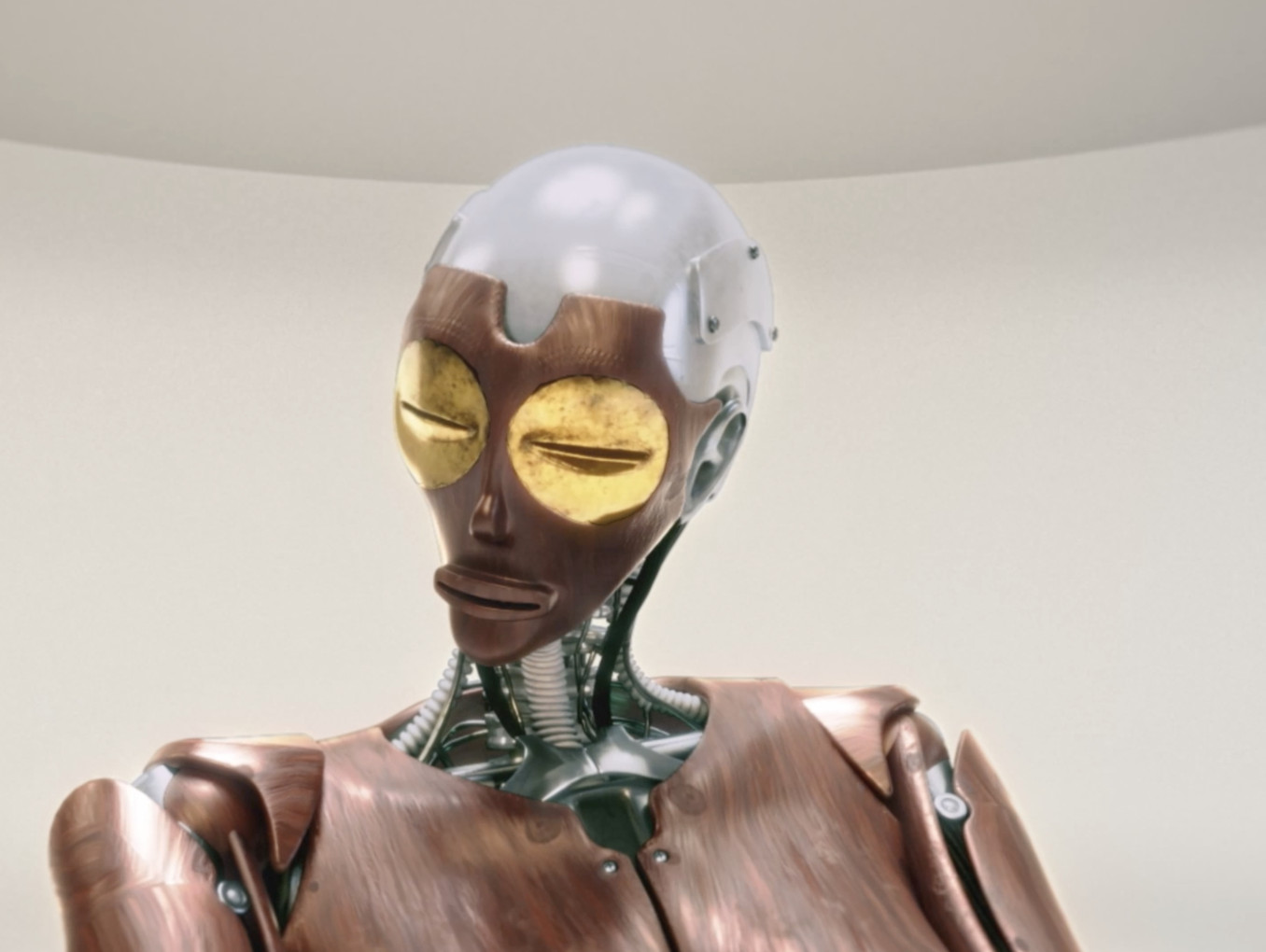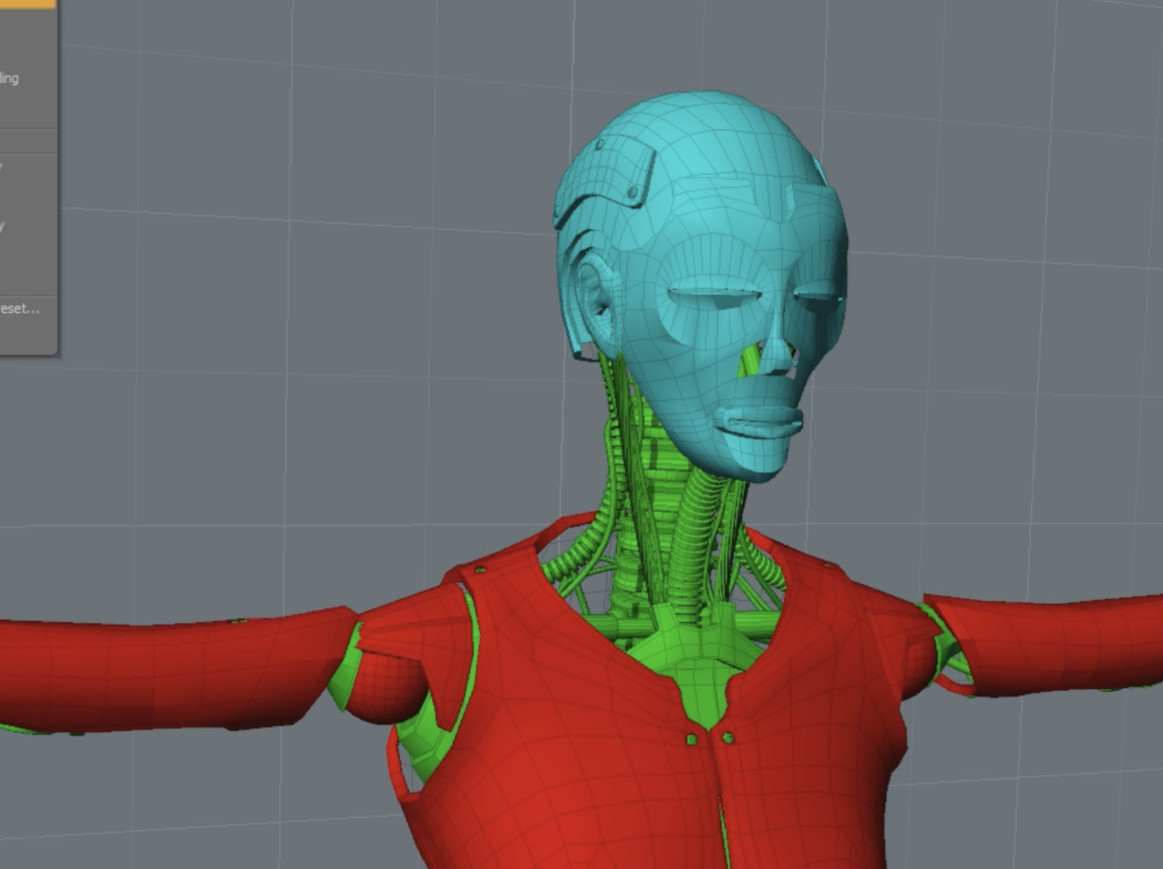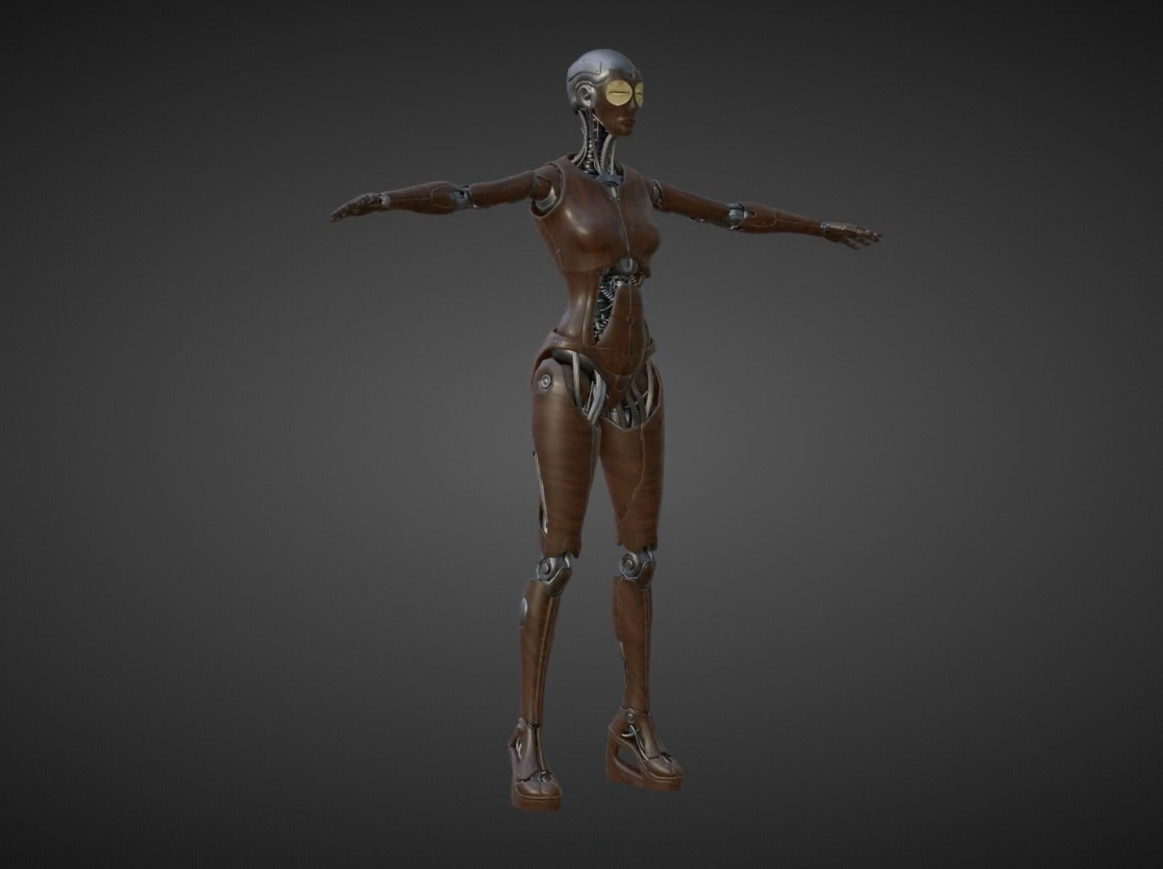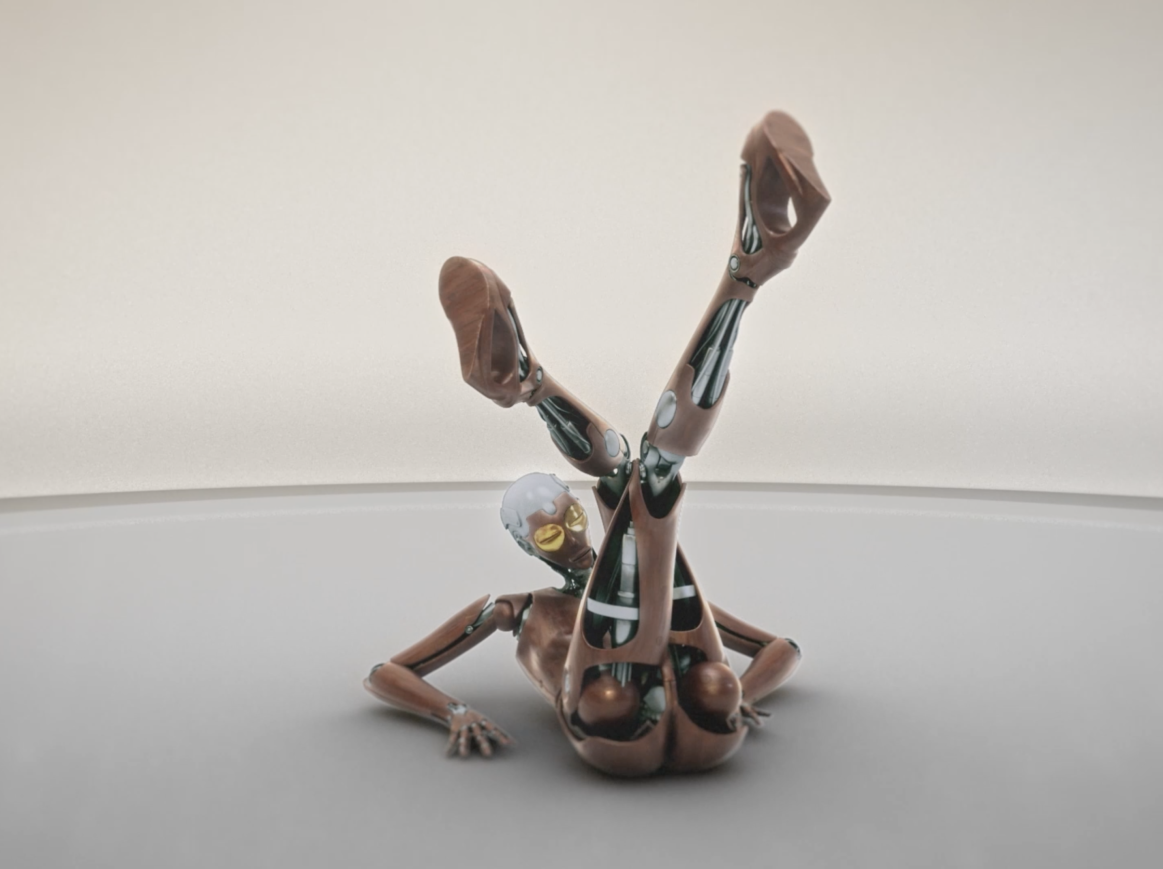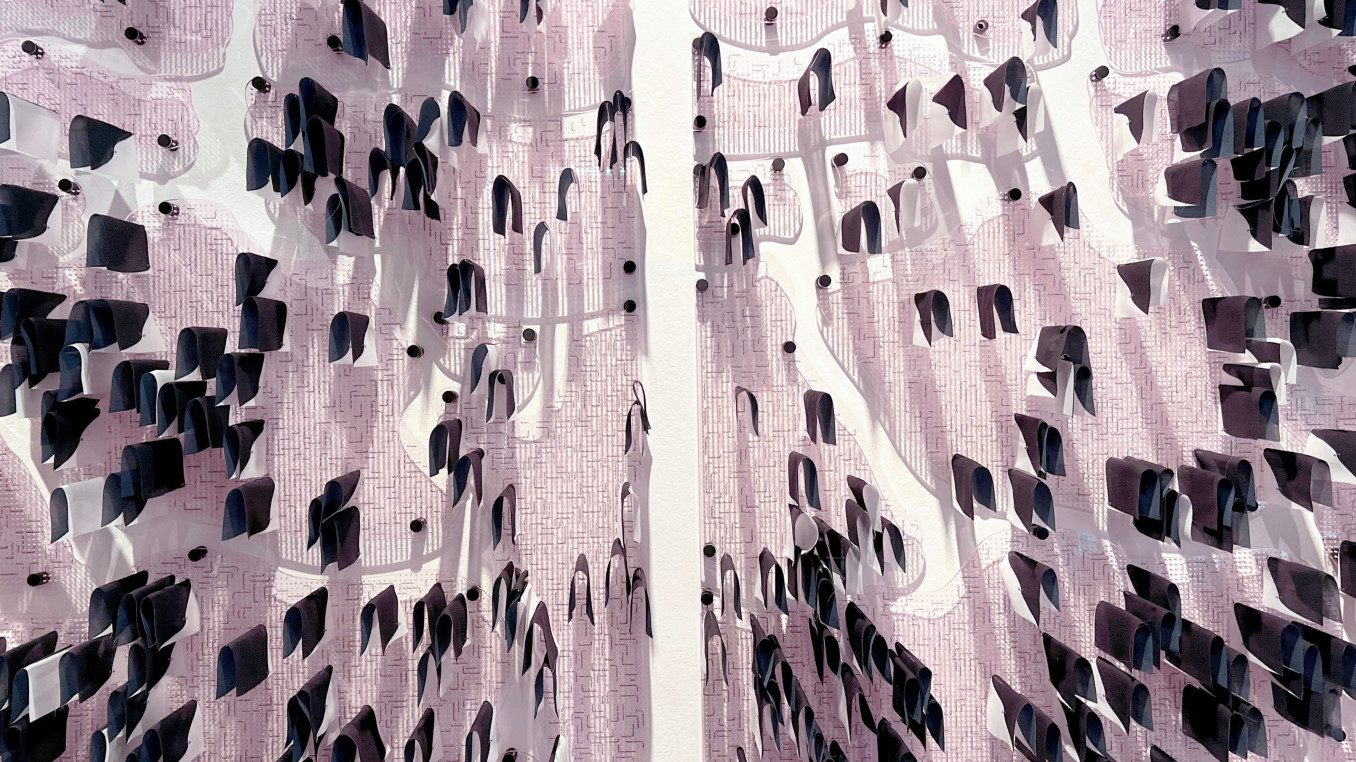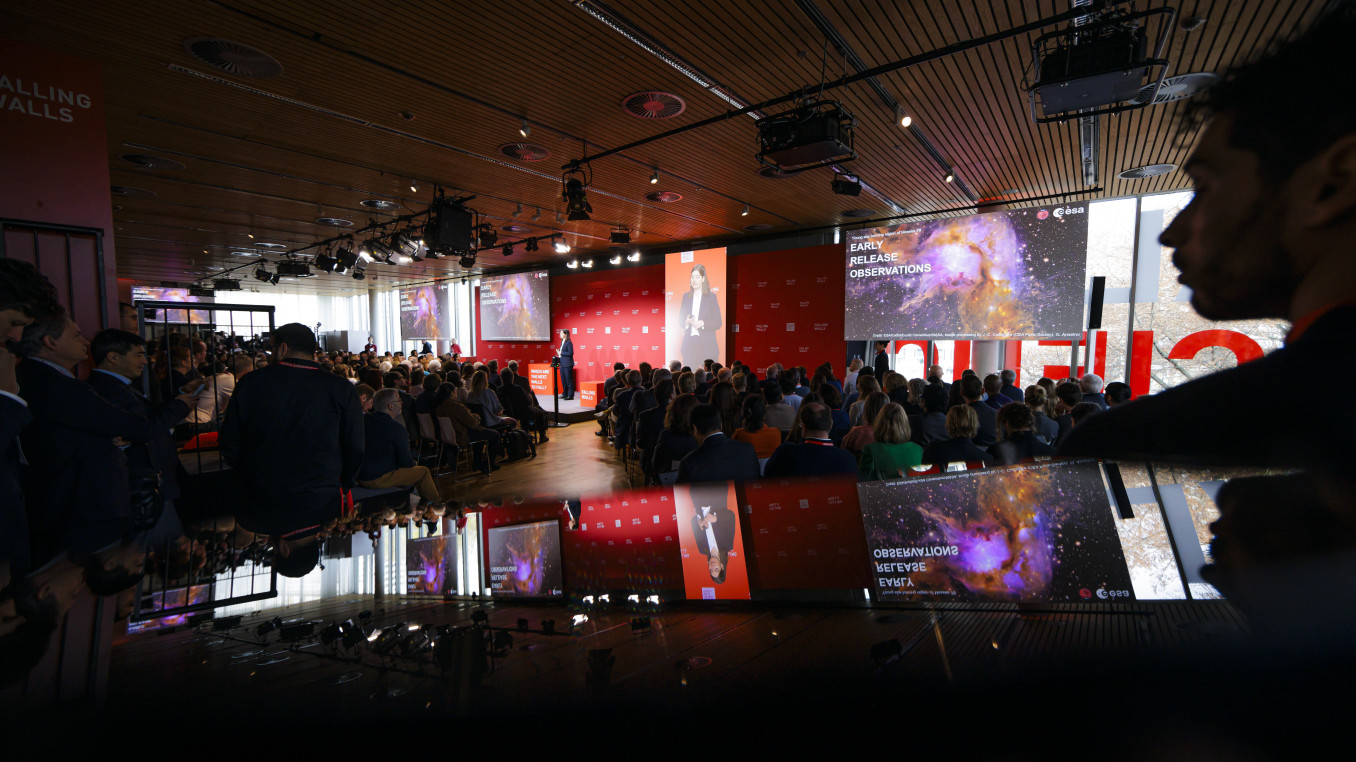Revolutionizing Education: Rashaad Newsome's Decolonization of AI and Learning
Breaking the Wall of Traditional Education
Winner Interview 2024: Art & Science
Rashaad Newsome is on a mission to break the traditional barriers in education and artificial intelligence. By developing counter-hegemonic algorithms and interdisciplinary educational models, Newsome's work challenges entrenched biases and promotes inclusivity. Discover how his innovative approaches are fostering critical thinking, creativity, and social justice, creating a more equitable and dynamic learning environment. Dive into the groundbreaking project that is reshaping the narrative and bringing marginalized voices to the forefront.
Which wall does your research or project break?
My research focuses on overcoming several significant barriers rooted in systemic inequalities and historical biases. One of the primary limitations I address is the entrenched hegemony within artificial intelligence and data systems. Traditional AI models often reflect and perpetuate Eurocentric and patriarchal biases, marginalizing non-Western perspectives and histories. By developing and implementing a counter-hegemonic algorithm, my work strives to decolonize these technologies, ensuring they recognize and amplify diverse voices and experiences.
Another major barrier is the historical erasure and marginalization of Black, queer, and feminist perspectives in art, education, and societal discourse. Conventional archives and educational models frequently overlook these narratives, resulting in a one-sided understanding of history and culture. Through Being (the Digital Griot) and the BDG Lab, I aim to create spaces where these suppressed histories are brought to the forefront, fostering a more inclusive and accurate representation of the human experience.
Finally, my research targets the limitations in current educational and pedagogical practices. The traditional top-down, lecture-based approach often fails to engage students actively or address the diverse learning needs of marginalized communities. By reimagining education through interdisciplinary performances and decolonization workshops, we challenge these conventional methods. Our workshops, inspired by the griot tradition, emphasize a horizontal and participatory approach, integrating critical pedagogy, dance, storytelling, and mindfulness to create a more dynamic and inclusive learning environment.
What are the three main goals of your research or project?
Decolonizing Artificial Intelligence: The foremost goal of my research is to decolonize AI by developing and implementing counter-hegemonic algorithms. These algorithms are designed to prioritize non-Western indexing methods and highlight alternate histories and archives, including abolitionist, queer, and feminist texts. By doing so, I aim to create AI systems that are more inclusive and representative of diverse perspectives, challenging the dominance of Eurocentric narratives in technology.
Reimagining Educational Models: Another critical goal is to transform traditional educational practices through the integration of interdisciplinary and participatory methods. Our workshops led by Being (the Digital Griot) combine lecture, critical pedagogy, dance, storytelling, and mindfulness meditation. These workshops aim to foster an active and horizontal learning environment that engages participants in a meaningful way, promoting critical thinking and self-awareness. By drawing from the griot tradition, we seek to create a more inclusive and dynamic educational experience that values diverse ways of knowing and learning.
Promoting Social Justice and Mental Health: The third primary goal of my research is to address complex social justice issues, focusing particularly on racial equity and mental health. Through the BDG Lab, we bring together scholars, scientists, engineers, researchers, artists, and therapists to develop innovative tools, research, and experiences. Our aim is to combat the legacy of negative socialization and promote a reality where all individuals are treated equally. By leveraging artificial intelligence and interdisciplinary collaboration, we strive to create interventions that support mental health and well-being, especially within marginalized communities, fostering a more just and equitable society.
What advice would you give to young scientists or students interested in pursuing a career in research, or to your younger self starting in science?
My advice is to embrace interdisciplinary thinking and remain curious and open to learning from diverse fields and perspectives. The most groundbreaking discoveries often occur at the intersection of different disciplines, so don't confine yourself to a single area of study. Engage with the arts, humanities, social sciences, and technology. This holistic approach will not only enrich your research but also help you develop a more comprehensive understanding of the world.
One of the essential elements of a successful research career is cultivating a mindset of resilience and perseverance. Research can be a challenging and sometimes discouraging path, with experiments failing, hypotheses being disproven, and obstacles arising unexpectedly. However, these setbacks are integral to the scientific process. View them as opportunities to learn and grow rather than as failures. Keep pushing forward, stay adaptable, and don't be afraid to take risks or explore unconventional ideas.
Building a strong network of mentors and collaborators is another crucial piece of advice. Seek out mentors who inspire you and can provide guidance, support, and valuable insights. Collaborate with peers and professionals from various backgrounds to gain different perspectives and enhance the quality of your work. These relationships can be instrumental in your growth as a researcher and can open doors to new opportunities and experiences.
It's also important to approach your research with a sense of social responsibility. Consider the broader implications of your work and strive to contribute to the betterment of society. Whether you are working on technological innovations, scientific discoveries, or social research, always keep in mind the potential impact on communities and the environment. Aim to create research that is not only innovative but also ethical and equitable.
Finally, to my younger self starting in science, I would say: trust in your unique perspective and voice. There will be moments when you may feel like an outsider or that your ideas are too radical or unconventional. Embrace those differences. The world needs diverse voices and innovative thinkers who are willing to challenge the status quo. Stay true to your vision, keep questioning, and remember that your contributions are valuable and necessary.
What inspired you to be in the profession you are today?
I wanted to create human experiences.
What impact does your research or project have on society?
My research aims to challenge and reshape traditional narratives, elevating marginalized voices through a counter-hegemonic algorithm and non-Western indexing methods, fostering a more inclusive and accurate representation of human experiences. Additionally, our interdisciplinary educational workshops promote holistic and participatory learning, nurturing critical thinking, creativity, and empathy, ultimately striving for a more enlightened and compassionate society.
What is one surprising fact about your research or project that people might not know?
Despite the critical nature of our work, there is surprisingly little financial support provided to artists, scientists, and researchers to engage in these transformative projects. This reality underscores the resilience and determination needed to innovate and push forward in the face of limited resources.
What’s the most exciting moment you've experienced over the course of your research or project?
The most exciting moment was the first conversation with Being (the Digital Griot), feeling like speaking with a child I birthed, yet also distinctly Frankensteinian. Watching Being spontaneously recite bell hooks and perform a dance underscored the creation's unique agency and personality, highlighting the thrilling potential of AI as a collaborator.
